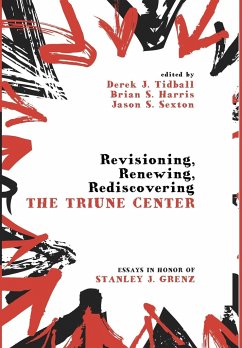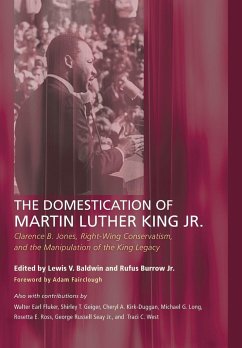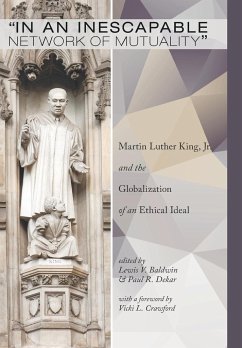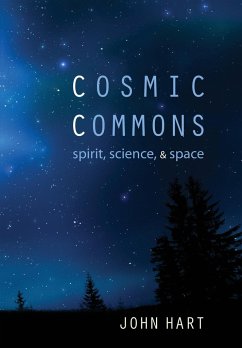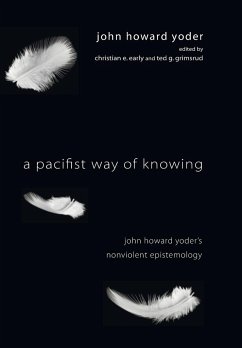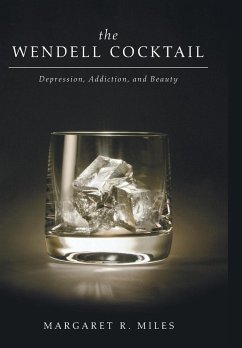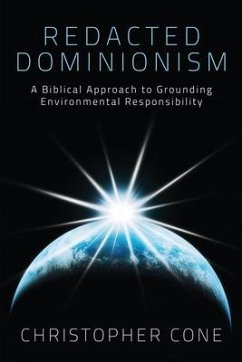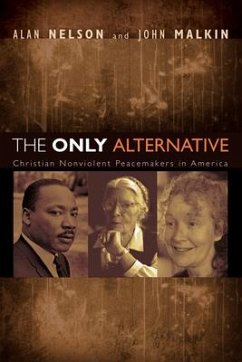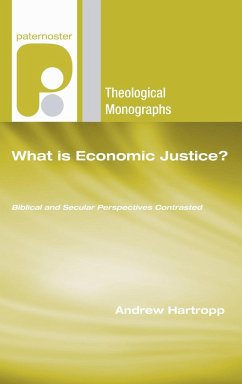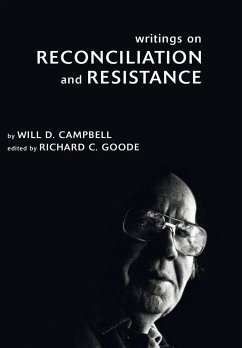
Writings on Reconciliation and Resistance
Versandkostenfrei!
Versandfertig in über 4 Wochen
36,99 €
inkl. MwSt.

PAYBACK Punkte
18 °P sammeln!
If prophets are called to unveil and expose the illegitimacy of those principalities masquerading as ""the right"" and purportedly using their powers for ""the good,"" then Will D. Campbell is one of the foremost prophets in American religious history. Like Clarence Jordan and Dorothy Day, Campbell incarnates the radical iconoclastic vocation of standing in contraposition to society, naming and smashing the racial, economic, and political idols that seduce and delude. In this anthology Campbell diagnoses a problem afflicting much of the church today. Zealous to make a difference in the world b...
If prophets are called to unveil and expose the illegitimacy of those principalities masquerading as ""the right"" and purportedly using their powers for ""the good,"" then Will D. Campbell is one of the foremost prophets in American religious history. Like Clarence Jordan and Dorothy Day, Campbell incarnates the radical iconoclastic vocation of standing in contraposition to society, naming and smashing the racial, economic, and political idols that seduce and delude. In this anthology Campbell diagnoses a problem afflicting much of the church today. Zealous to make a difference in the world by acquiring the power of legislation and enforcement, Christians employ society's political science rather than the scandalous politics of Jesus. Although well-intentioned, Christians are, Campbell laments, mistakenly ""up to our steeples in politics."" Campbell's prescription is for disciples simply to incarnate the reconciliation that Christ has achieved. Rather than crafting savvy strategies and public policies, ""Do nothing,"" Campbell counsels. ""Be reconciled!"" Yet his encouragement to ""do nothing"" is no endorsement of passivity or apolitical withdrawal. Rather, Campbell calls for disciples to give their lives in irrepressible resistance against all principalities and powers that would impede or deny our reconciliation in Christ--an unrelenting prophetic challenge leveled especially at institutional churches, as well as Christian colleges and universities. In sermons, difficult-to-access journal articles, and archival manuscripts, Campbell then develops what reconciliation looks like. Being the church, for example, means identifying with, and advocating for, society's ""least one""-including violent offenders, disenfranchised minorities, and even militant bigots. In fact, in Campbell's ordo the scorned sectarian and disinherited denizen is often closer to the peculiar Christian genius than are society's well-healed powerbrokers. Disciples seeking to discern their calling can hardly do better than taking direction from this ""bootleg,"" pulpitless preacher.



